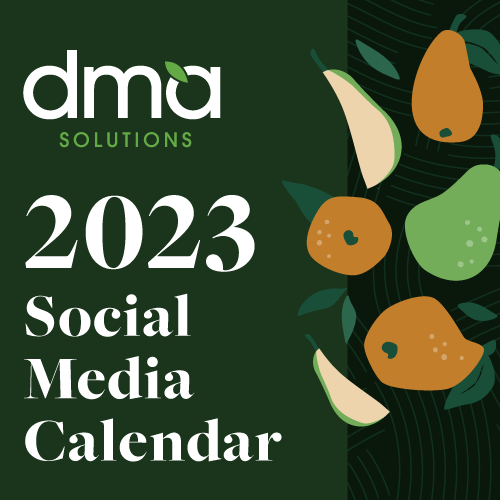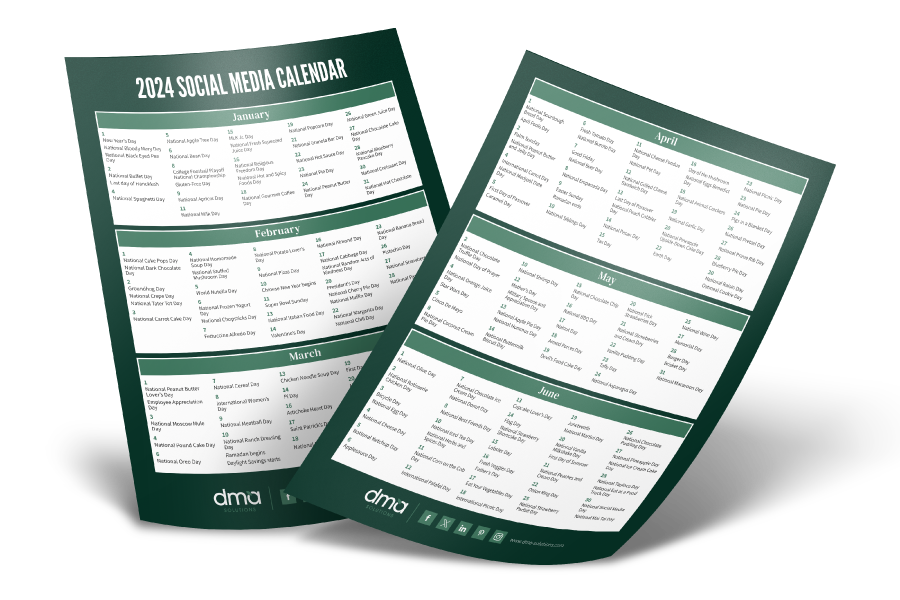You arrive at a hotel and the TV screen greets you by name. You receive an email that prompts you to take a closer look at a pair of shoes you previously viewed on Nordstrom.com. You visit a website and it welcomes you back—creepy? Perhaps…or is it actually just exceptional customer service? Let’s discuss.
Marketing Personalization in 2020
Consumers are fed up with irrelevant content on websites they frequent, with 74% of consumers reporting frustration when they receive brand content that they feel has nothing to do with them. People want to have more personalized experiences online, and to make this happen, marketers (and their websites) have to get smarter. So what does this entail? A personalized website that has the capability to remember its visitors. Not only that, but one that is then able to collect visitor information and slowly track their preferences in a way that allows the site to greet frequent visitors by name and offer specific suggestions about content likely to be of interest.
For companies engaged in e-commerce, personalization has already become essential. However, even supermarket chains have jumped ahead to overhaul their websites to deliver this functionality! For instance, Kroger reports utilizing a suite of tools and technology to turn customer data into knowledge, and grocers are being advised that personalization is a key strategic differentiator from discount grocery models.
As we move through 2020, this approach, like mobile optimization in previous years, will soon become the norm for companies seeking to maintain a relevant digital presence.
Here are 10 reasons why you can’t ignore personalization in 2020 and beyond:
- 80% of consumers are more likely to make a purchase when brands offer personalized experiences. (Epsilon)
- 90% of consumers are willing to share their behavioral data if additional benefits include making their shopping cheaper or easier (SmarterHQ)
- Contacts/customers who are provided with personalized content produce a 20% increase in sales opportunities. (DemandGen)
- A personalized website can provide your visitors with new content that it knows they have not viewed yet, versus showing people the exact same thing every time they visit.
- Personalized emails improve click-through rates by 14% and conversion rates by 10%. (Aberdeen)
- 70% of millennials are frustrated with brands sending them irrelevant marketing emails and prefer personalized emails over batch and blast communications (SmarterHQ)
- Personalization allows marketers to send emails only to the contacts that they know are interested in a specific topic, versus sending every email to their entire list.
- 90% of marketers believe personalization is the future of digital marketing. (Optinmonster)
- 66% of marketers cite improved business performance and customer experience as the main driver for personalization. (Salesforce)
- 62% of adults under 34 are willing to share their location for more relevant content. (jwire)
Remember: your audience, whether it consists of produce buyers or shoppers who love fresh food, are more inclined to engage with content that speaks directly to their needs and addresses their problems. In 2020 and beyond, marketers will need to get more strategic about creating websites that specifically address the needs of their target audiences. Marketers, it may just be time to embrace your inner “Big Brother!”
{{cta(‘4c46f126-55ed-4558-8f13-518f1ebdeede’)}}












